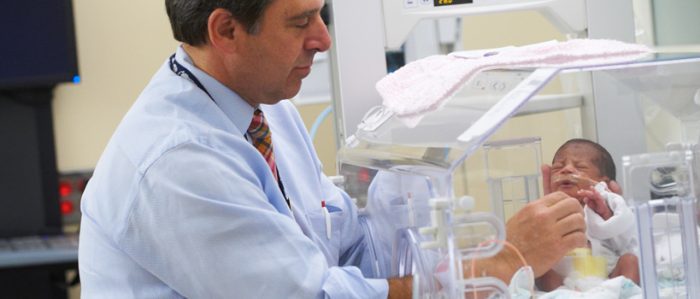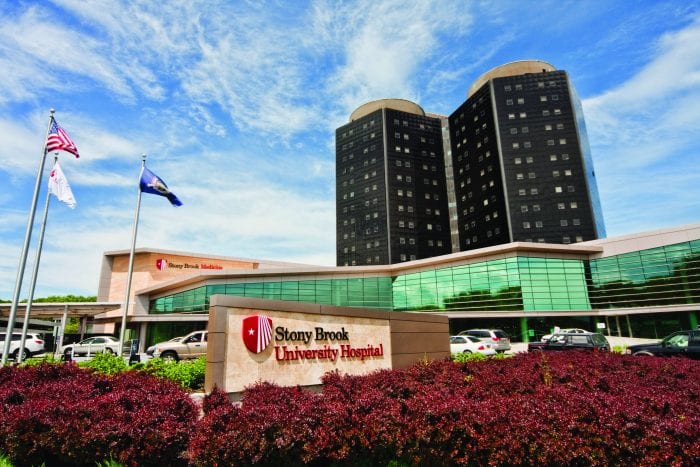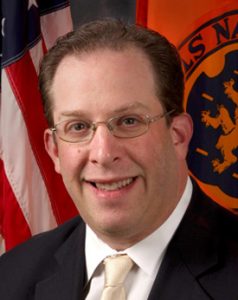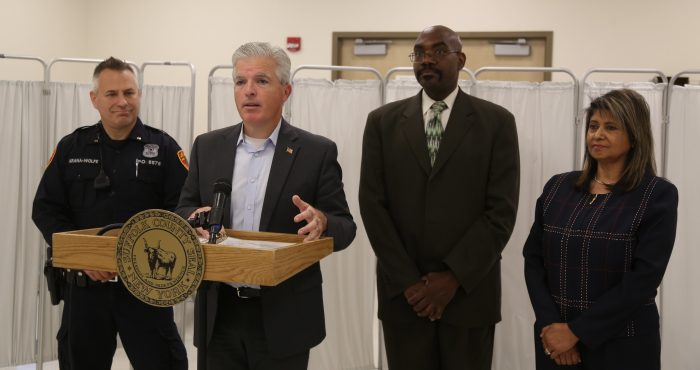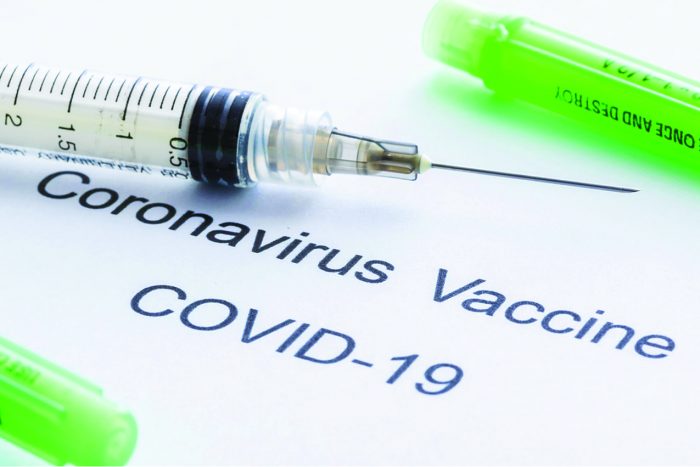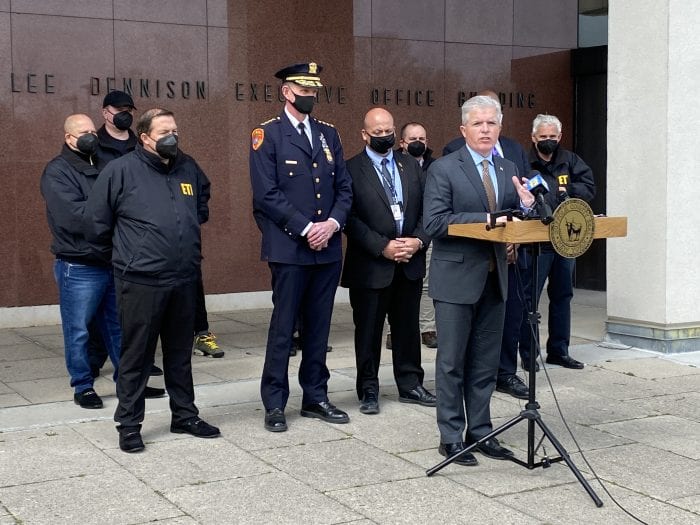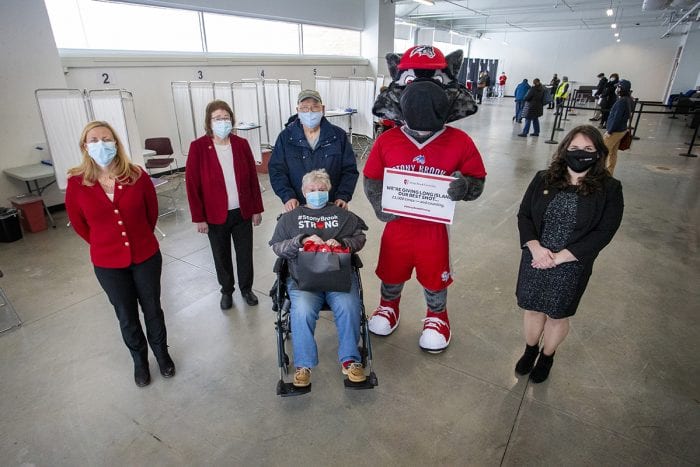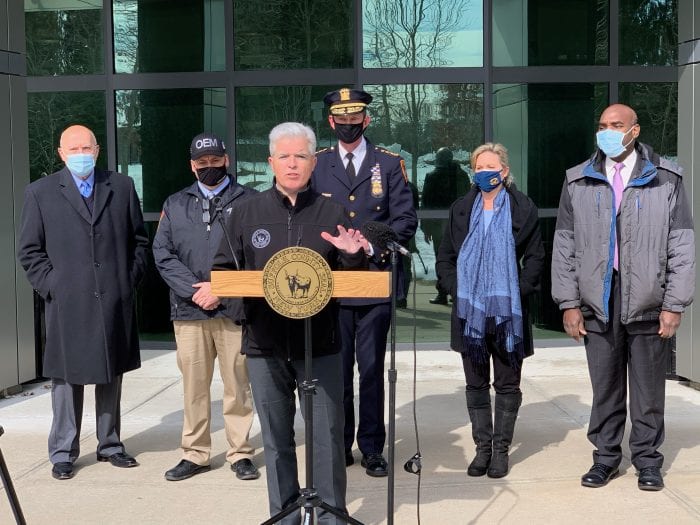By Daniel Dunaief
Water inside a house isn’t just bad for the structure, it can also be damaging to your health.
Local health care professionals suggested that Stony Brook residents whose basements flooded from this weekend’s heavy rainfall should be careful about the growth of mold or mildew, which can be especially problematic for anyone with chronic breathing issues.
“People can inhale spores over a period of time and can develop respiratory symptoms,” said Dr. Sunil Dhuper, Chief Medical Officer at Port Jefferson’s St. Charles Hospital.
People with asthma, chronic obstructive pulmonary disease, bronchitis and emphysema “need to be particularly concerned about some of these issues,” he continued.
Dr. Sharon Nachman, Chief of Division of Pediatric Infectious Diseases at Stony Brook Children’s Hospital, suggested that residents of Stony Brook, who experienced a localized 10 inches of rain this weekend, should “aggressively clean” their basements, from any standing water, as mold and mildew can start growing within a few days.
“You won’t see it because it’s small,” but people should dry the walls and under the floorboards and carpet, she said. “You want to get the water out.”
Local doctors, also, recommended dumping standing water off any surface that might become a breeding ground for mosquitoes, who can carry the West Nile virus.
At this point, the County Department of Health believed the West Nile threat wasn’t likely particularly high.
“The heavy rains and wind might have washed away adult larvae and adult mosquitoes,” Dr. Scott R. Campbell, Laboratory Chief in the Arthropod-Borne Disease Laboratory at the Suffolk County Department of Health Services, explained in an email.
“Wet springs and hot, dry summers — in which mosquitoes and birds may congregate at limited sources of water — may be conducive to higher West Nile virus transmission.”
The heavy rain, which was triple the usual average for the entire month of August, according to Weather Spark, likely reduced area mosquitoes.
Local medical care professionals suggested that residents should still remove standing water as a way to protect themselves against any remaining mosquitoes.
Congenital viral infection
Apart from the impact of local flooding, doctors discussed a host of other medical issues.
New York State has been testing newborns, since last fall, for congenital cytomegalovirus, or CMV, which infected mothers can give to their unborn children.
The testing so far has shown that CMV is less prevalent than previous estimates.
The state started the one-year study of the virus to track children who might develop symptoms, such as hearing loss or learning challenges, later on.
“The earlier you identify babies with hearing deficits, the sooner you can act, and there will be fewer ramifications on their intellectual development, as a result of it,” said Dr. Andrew Handel, pediatric infectious diseases expert at Stony Brook Children’s Hospital, and a co-leader, along with Dr. Nachman, of one of the 11 units across the state.
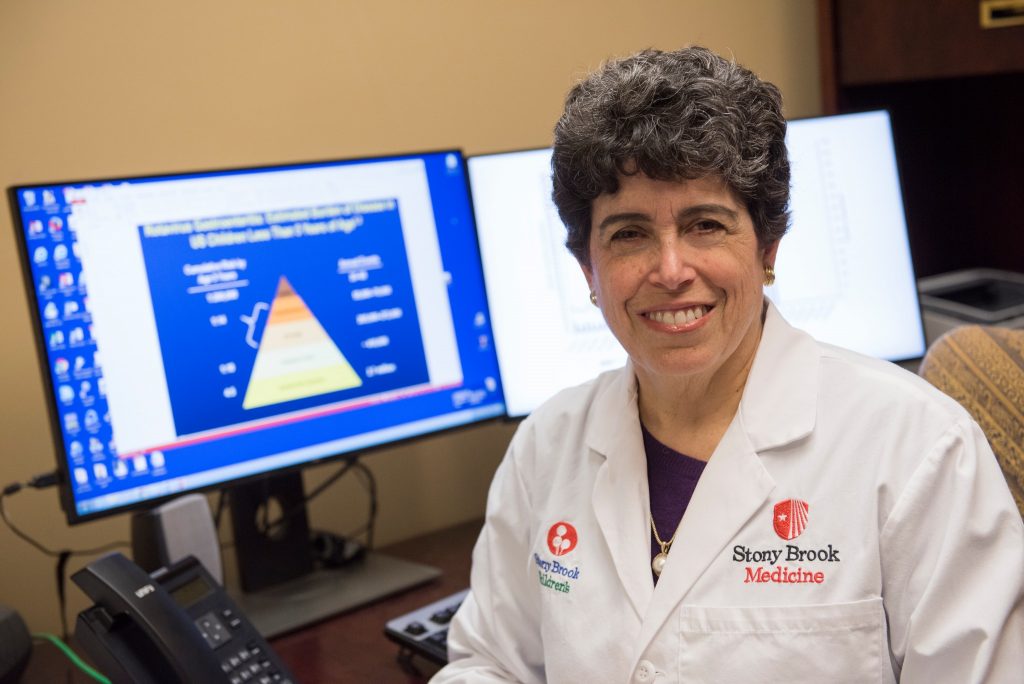
Earlier medical sources estimated that the infection rate for newborns was about one in 200 babies. But, with about 300 newborns testing positive, the rate is closer to one in 325.
The percentage of symptomatic babies is tracking with previous expectations, at around 10 percent. Symptoms of congenital CMV at birth include hearing loss, jaundice, low birth weight, seizures and retinitis.
“Our numbers are matching up with the 90 percent” of those who have the virus, but are asymptomatic, Handel added.
“That’s why we feel screening is so important.”
For the asymptomatic newborns, about 10 percent will develop permanent hearing loss, which is why doctors are tracking them so closely.
The virus, which is a relative of the Epstein Barr virus, which causes mononucleosis, is spread through direct contact with body fluids, such as tears, saliva or urine. Over half of all adults have had a CMV infection, with some studies estimating the rate as high as 80 percent.
Adults can shed the virus for a few weeks after contracting it, while children can shed it for a few months.
While all newborns will receive CMV screening after birth, parents have five days to opt out of any link to a report of the presence of the virus in their children.
At this point, fewer than one percent of parents are opting out of the testing. Some of the parents aren’t interested in the test, others don’t believe it’s useful, while some believe their babies look fine, and don’t want the additional test.
Most parents appreciate the opportunity to gather information about their children’s health. Patients are “grateful the state has this program,” said Dr. Sunil Sood, Systems CMV specialist at Northwell Health.
At Stony Brook and other hospitals, doctors are monitoring those babies who test positive.
The County Department of Health supports the testing, as well.
“Routine screening of newborns for [congenital CMV] will help identify affected infants early on so they can receive appropriate follow-up and treatment,” Cynthia Friedman, Director of Public Health Suffolk County Department of Health Services, explained in an email.
“Infants who screen positive … should be followed closely by their pediatricians and referred to specialists as needed to ensure early detection of problems with hearing, vision or development so that appropriate care and support can be implemented.”
Once the funding for the testing runs out, which will be around October, hospitals around the state will no longer perform the test.
Parents can ask for a urine test, which doctors estimate could cost between $50 and $100, but which insurance, likely, won’t pay for — especially if the child is asymptomatic.
Legislators, including Assemblymember Linda Rosenthal (D-NYC) plan to introduce a bill in January that would fund tests, in future years.
“We would advocate that that become a permanent part of infant testing,” said Sood. “There are diseases that are far less common than CMV that have made it into the newborn testing programs.”
Immunization
Amid pushes by some pharmacies to encourage people to get flu shots, health care experts suggest waiting until closer to late September, or early October, for the inoculation.
“Vaccine efficacy is about three to four months,” said Nachman. “If you get it in August, when the flu season hits in January, you may not have much protection.”
The Centers for Disease Control and Prevention recommends similar timing, around September or October.
At the same time, Nachman expects a new batch of Covid vaccines will be available around September.
She recommends getting both shots at the same time, which increases both vaccines’ effectiveness.
Pharmaceutical giant, Pfizer, and BioNTech, recently reported that a single combined shot for Covid and flu was not effective against influenza B, which means that people interested in receiving vaccines this fall should plan to get two shots.
Covid numbers
As for Covid, the current strain has made the rounds this summer.
“Everybody and their neighbor had Covid,” said Nachman, who added that the virus has spread across all ages. Covid was “clearly more infectious than what we had in the spring” and people were sicker for longer.
While the number of infected people has decreased, the start of the fall semester could trigger an increase.

